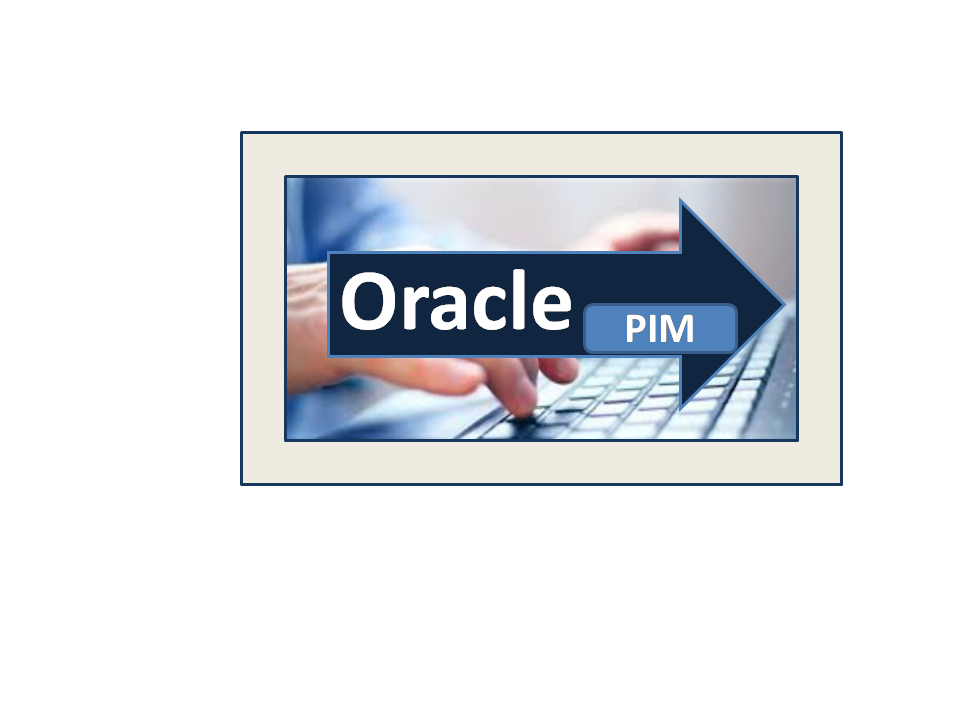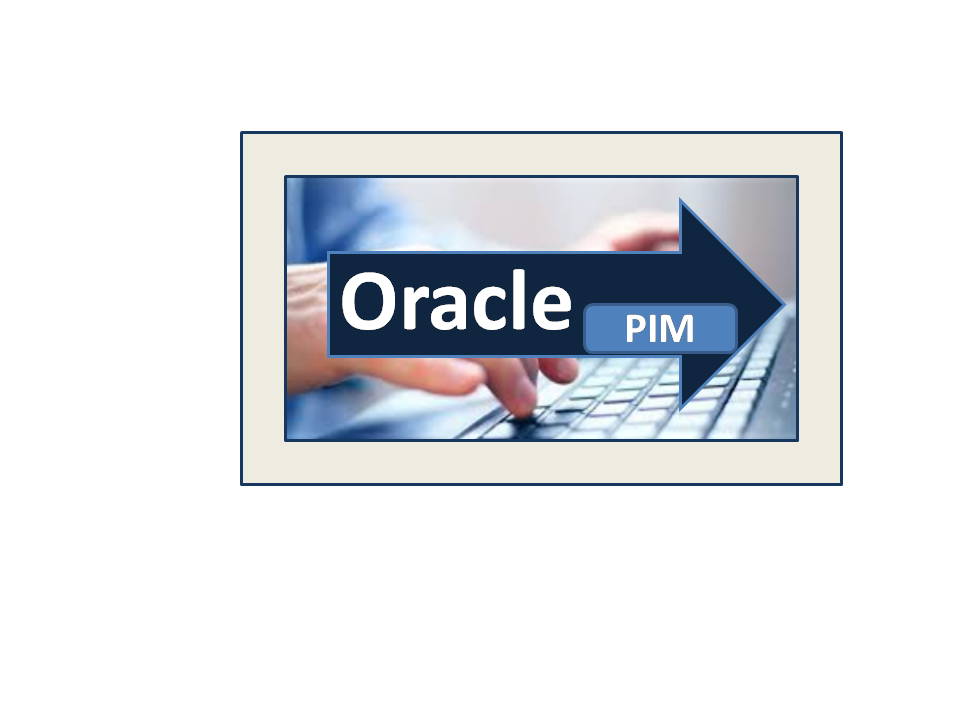proexcellency
Oracle PIM Online Training
- OVERVIEW OF PRODUCT INFORMATION MANAGEMENT
- SETTING UP PRODUCT INFORMATION MANAGEMENT
- Setup Prerequisites
- Overview of PIM Profile Options and Other Default Options
- Overview of Item Catalog Categories, Attributes, and Value Sets
- Creating Value Sets
- Defining Attribute Groups and Attributes
- Creating Item Catalog Categories
- Setting Up Other Features Associated with Item Catalog Categories
- Discussing Use of Alternate Catalogs
- ROLES AND IMPLEMENTING ROLE-BASED SECURITY
- People and Roles Administration Overview
- Managing People and Roles
- Managing People, Groups and Companies
- Managing Organization-level Roles
- Implementing Role-based Security
- Securing Attribute Groups
- CREATING ITEMS
- Creating New Items Manually
- Importing Items
- Creating New Item Requests
- Creating Item Revisions
- Using E-Business Suite Attachments
- Using Item Business Events
- USING STYLE AND SKU ITEMS
- Overview of Style and SKU items
- Creating Parent and Child Value Sets
- Assigning Variant Attribute Groups to an ICC
- Creating Style and SKU Items
- Creating a SKU Packaging Hierarchy
- ITEM MAINTENANCE
- Mass Updating Items, Categories and Associations
- STRUCTURE MANAGEMENT
- Overview
- Defining Structure Types and Names
- Associating Structure Names with Types
- Defining Structure and Component Attributes
- Managing Item Structures
- Viewing Item Structures
- Performing Item Where-Used Queries
- USING THE PRODUCT WORKBENCH
- Overview
- Browsing and Navigating the Product Workbench
- Managing Items
- Managing the Product Structure and Bills of Material
- Managing Product Change
- USING METADATA VERSIONS, TRANSACTION ATTRIBUTES, AND ICC STRUCTURES
- Overview of Metadata Versions
- Overview of ICC Structures
- Using Metadata Versions
- Overriding Component Attribute Values
- Excluding Transaction Attribute Value Set Values
- ADMINISTERING ITEM BUSINESS RULES
- Overview of Item Business Rules
- Creating Rule Sets
- Building Rule Expressions
- Viewing Rule Set Dependencies
- USING IMPORT WORKBENCH
- Overview of Product Data Synchronization and Data Quality Management
- Importing Production Information Using the Import Workbench
- Creating Match Rules
- Defining Source Systems
- Creating Batches
- Reviewing and Importing Batches
- Performing Actions on Batches
- PUBLISHING DATA TO OTHER SYSTEMS
- Assigning Systems to an Item Catalog Category
- Publishing an Item Catalog Category
- Publishing Value Sets
- Publishing Items and Structures
- Viewing the Publishing History
Oracle Product Information Management (PIM) Training Data Hub is an enterprise data management solution that enables customers to centralize all product information from heterogeneous systems, creating a single view of product information that can be leveraged across all functional departments. A Product Information Management (PIM) Corporate Training solution provides a single place to collect, manage, and enrich your product information, create a product catalog, and distribute it to your sales and ecommerce channels. A PIM solution makes it faster and easier to create and deliver compelling product experiences.
Benefits of Oracle PIM Training:
- Consolidate all product information
- Cleanse: Includes a data import workbench to manage source system mappings and data loads
- Excel based Imports and Exports: Spreadsheet import for easy upload and maintenance
- Bulk Imports: Optimized bulk import through staging tables
- Service Oriented Architecture: Integrate using prebuilt, standards compliant business services and adapters
- Import data and synchronize multiple systems.
- Workflow based Collaboration: Highly configurable change management workflows with approval routing
- Securely access and search your information repository
- From Governance and Compliance prospective they can automate with the help of workflow based processes that can perform rule based validation and data correction
Duration
Duration
30-35 hrs
Shipping & Returns
Shipping & Returns
Dimensions
Dimensions
Care Instructions
Care Instructions


